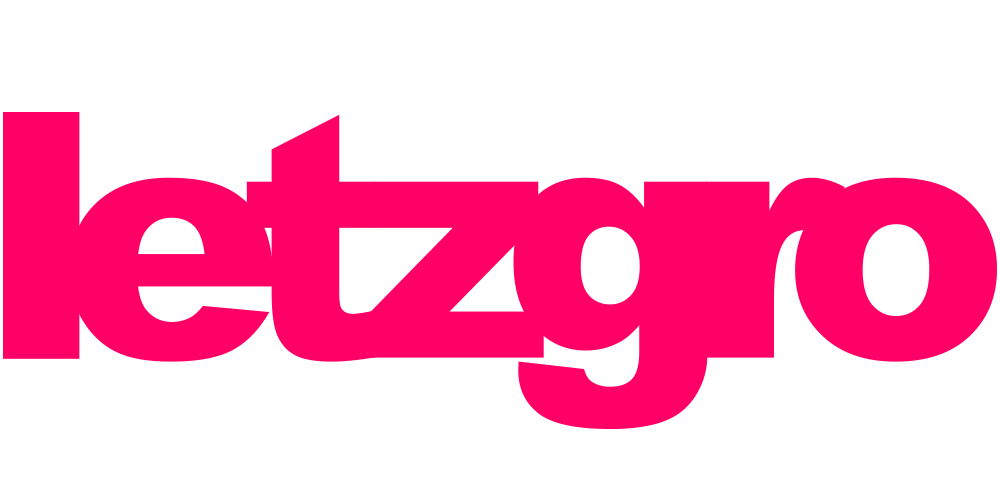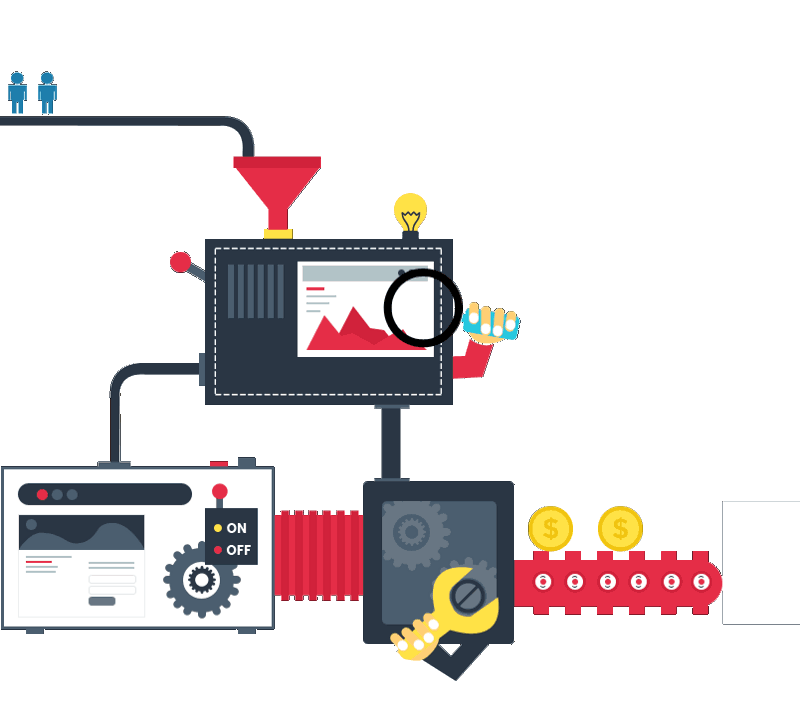
The invention of healthcare applications has brought health services to a completely new level. Today, the number of health-related applications has risen beyond 40,000. This type of mobile application is widely used by various medical institutions, health care professionals (HCPs) and their patients. Giving professional medical help, as well as keeping track of your own health is a lot easier with mobile healthcare apps. They help monitor skin moles, control the level of blood sugar, remind the user to take medications, and make it easier to contact your doctor and feature a myriad of other beneficial functions.
[announce]
There are two main types of mobile healthcare applications: apps created for personal use and apps developed for medical centers and clinicians.
Programs available for personal use, allow people keeping track of their health and prevent complications while apps used by HCPs are aimed at helping them establish a closer relationship with patients and therefore providing better services.
Types of healthcare software solutions are distinguished based on their intended use.
The most popular types of personal programs are:
- women’s health apps
- fitness and cardio apps
- diet and weight loss app
- mental health apps
- sleep apps
- applications monitoring chronic conditions
- medication adherence and emergency care apps
The most in-demand types of apps for healthcare professionals are:
- nursing apps
- medical education apps
- patient education apps
- reference apps
- EMR (electronic medical record) apps.
Most Popular Healthcare Apps
If you are looking for a comprehensive mobile application solution for monitoring your health, take a look at these popular apps.
Microdemex
This free application can be used on both Android and iOS devices. Microdemex is comprehensive and at the same time, a simplistic app that will help you quickly find information about any meds you are interested in. It gives detailed information about the indicated drug, its potential side effects, and recommendations on how to take it.
Diabetes App
Having an app that helps control the level of blood sugar and monitors the amount of carbs consumed is a necessity for anyone suffering from diabetes. With Diabetes App, you will easily monitor your health condition outside the doctor’s office.
Red Cross First Aid
Timely first medical aid can save someone’s life. Red Cross First Aid gives easy and detailed tips on what to do in different emergency cases. By following step-by-step instructions you can help someone in need and give first aid before professional help comes. Interactive quizzes and videos will help you learn the basic of first aid.
Blood Pressure Monitor
With this useful app, patients can monitor their weight and blood pressure on the go. Blood Pressure Monitor shows medical correlations, features statistics reporting, and a lifetime data visualization.
General Functions of Healthcare Applications
Medical or healthcare apps assist clinicians with many important tasks and force their patients to become more engaged with their own health. Since different health-related mobile solutions are meant for different purposes, they are characterized by different sets of functions. Let’s examine this aspect on the example of applications for medical institutions, weight control, and activity tracking apps.
General Functions of Healthcare Apps for Clinicians
Healthcare professionals use medical apps for many purposes. Indeed, they help clinicians in a number of ways. They are used for medical education and training, information and reference gathering, patients monitoring and management, maintenance of health records, for a better decision-making and even for giving consultations.
When choosing an app it is, first of all, necessary to make sure it will assist you with the tasks you want to execute using it.
A good app is:
- easy to install
- has an intuitive UI
- uses cloud-based technology
- synchronizes information across all used devices
- features a secure backup process
- protects sensitive information.
The list of features necessary for an effective use of medical apps is continuously expanding and may vary depending on the needs of different medical centers and clinicians.
General Functions of Weight Control Apps
Whether you want to lose or gain weight, your mobile phone is a great tool for achieving your goal and building the body of your dream. There are lots of mobile applications aimed at helping people control their weight. Such programs offer various workout plans, help count consumed and lost calories and give examples of healthy meals.
Let’s have a closer look at the list of basic functions peculiar for weight control apps. A weight control app should:
- be multilingual
- feature a calorie counter
- support imperial and metric units
- measure and estimate percentage of body fat
- have built-in BMI (body mass index) and weight calculator
- provide detailed and accurate analysis and reporting of the achieved results
- monitor your progress and provide charts/graphs
- backup and restore entered data.
Many weight control apps have the ability to connect with fitness apps (like workout or activity tracking apps), which helps monitor all fitness data a lot more intelligently and easily.
General Functions of Activity Tracking Apps
Fitness or activity tracking applications are available for every type of exercise. This type of health-related app tracks your location, runs, walks, steps, cycling, current and average speed and pace, and much more.
Whether you are running, cycling or walking, the best activity tracking apps will:
- calculate your route distance, current and average speed and pace, elevation and burnt calories
- map your activity on the go
- find and follow pre-planned routes
- integrate with your phone music app and run while listening to music
- feature audio cues/coaching
- provide detailed analyses and charts of your activity
- backup and restore your data.
Fitness apps allow not just the ability to keep track of your activity and monitoring progress, they help hit your exercise goals and prevent body damages.
Monetization of Healthcare Applications
Even when offering free applications, developers want to gain some profit from them. Doing this is possible through advertising, account upgrades, crowdfunding, and sponsorship. Banner advertising is one of the most popular ways of apps monetization. Another good method to generate income is to make users upgrade their accounts to an elite, premium, or otherwise paid version.
Unlike healthcare apps created for personal use, software development solutions developed for medical institutions are usually free and are rarely monetized. The main purposes of such apps is to advertise to a medical center, attract clients, improve services and assist healthcare professionals with their everyday duties.
Healthcare Apps Development With Letzgro
There are no doubts that healthcare applications are highly important for many people. Letzgro’s developers have an excellent experience in creating mobile applications. Their skills and expertise allow the development of powerful and easy-to-use healthcare applications that meet specific requirements of every customer.
We guarantee the development of top quality software solutions, 100% compliance with your requirements, high performance of the developed apps, timely delivery, as well as uptime support and product maintenance.


